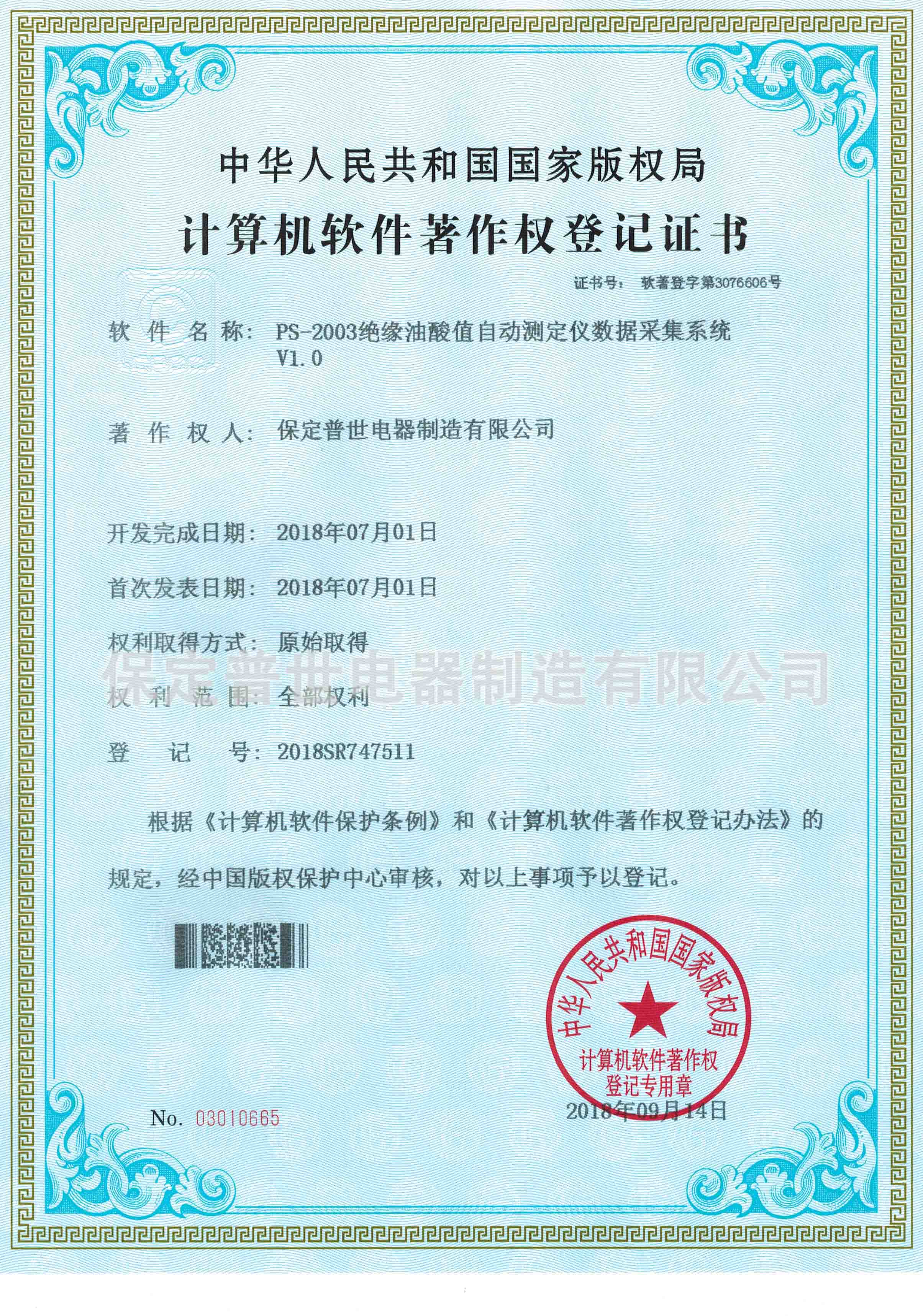 English
English


high voltage insulation tester
High Voltage Insulation Tester Ensuring Electrical Safety and Reliability
In today's increasingly electrified world, ensuring the safety and reliability of electrical systems is of paramount importance. One crucial instrument that plays a pivotal role in this regard is the high voltage insulation tester. This device is essential for evaluating the integrity of insulation in electrical equipment, helping to prevent catastrophic failures and ensuring the safety of both personnel and equipment.
A high voltage insulation tester, often referred to as a megohmmeter, is designed to measure the electrical resistance of insulation materials by applying a high voltage to the insulation system. Typical testing voltages range from 250 volts to 5000 volts or more, depending on the requirements of the equipment being tested. The primary purpose of these testers is to identify the condition of insulation and to detect any deterioration or potential failure before it leads to serious issues.
The operation of a high voltage insulation tester is relatively straightforward. The device generates a high voltage output that is applied to the insulation of the equipment under test while measuring the resulting leakage current. From these measurements, the tester calculates the insulation resistance, usually expressed in megaohms (MΩ). A higher resistance indicates better insulation quality, while lower values suggest that the insulation may be compromised or failing.
high voltage insulation tester

Regular testing with a high voltage insulation tester is essential for a variety of electrical equipment, including motors, transformers, switchgear, and cables. Insulation can deteriorate over time due to factors like moisture ingress, thermal stress, mechanical damage, or chemical exposure. By routinely assessing insulation resistance, maintenance teams can schedule timely repairs or replacements, thus minimizing downtime and extending the lifespan of the electrical equipment.
Furthermore, adhering to safety standards and regulations is crucial in industries where electrical systems are prevalent. Organizations such as the International Electrotechnical Commission (IEC) and the Institute of Electrical and Electronics Engineers (IEEE) provide guidelines on insulation testing and maintenance. By following these protocols and utilizing high voltage insulation testers, companies can not only comply with industry standards but also enhance workplace safety.
In addition to regular testing, it’s vital to understand the significance of proper testing procedures. Operators must be trained and equipped with personal protective equipment (PPE) when conducting insulation tests, as high voltage can pose significant hazards. Additionally, test areas should be secured to prevent unauthorized access during testing, and all safety precautions should be observed to mitigate risks.
In conclusion, high voltage insulation testers are indispensable tools for maintaining the health and safety of electrical systems. By providing accurate metrics on insulation quality, these devices empower maintenance teams to make informed decisions, reduce operational risks, and uphold safety standards. As electrical demands continue to grow, the importance of regular insulation testing will only increase, making high voltage insulation testers critical in safeguarding our electrified infrastructure.
-
Differences between open cup flash point tester and closed cup flash point testerNewsOct.31,2024
-
The Reliable Load Tap ChangerNewsOct.23,2024
-
The Essential Guide to Hipot TestersNewsOct.23,2024
-
The Digital Insulation TesterNewsOct.23,2024
-
The Best Earth Loop Impedance Tester for SaleNewsOct.23,2024
-
Tan Delta Tester--The Essential Tool for Electrical Insulation TestingNewsOct.23,2024





